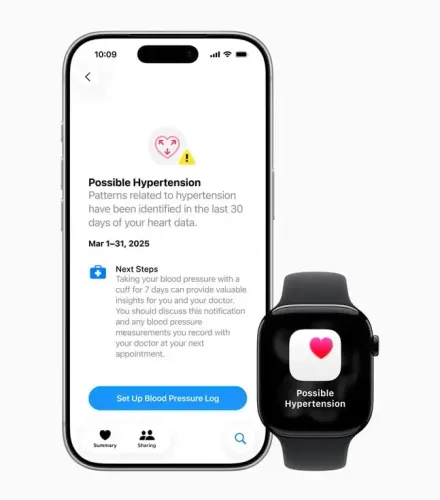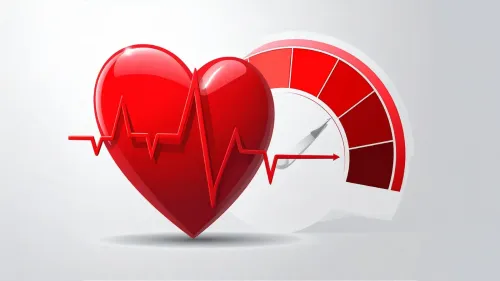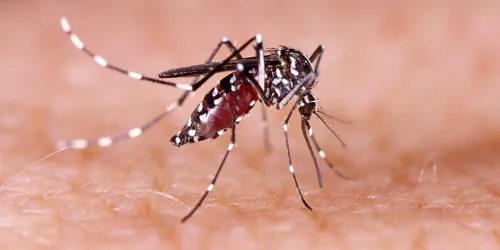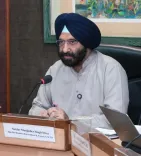HIV Transmission from Mother to Child Remains a Pressing Issue in India

New Delhi, Dec 1 (NationPress) While India has made significant progress in tackling HIV/AIDS, the rate of vertical transmission, which occurs from mother to child, continues to be a major concern in the nation, as stated by a prominent HIV expert on World AIDS Day this Sunday.
Dr. Ishwar Gilada, a respected HIV authority, mentioned to IANS, "Vertical transmission remains a serious issue because approximately one-third of women diagnosed with HIV do not return to the antiretroviral therapy (ART) center or their gynecologist, preventing them from receiving the necessary medication that can mitigate the risk of transmission."
Remarkably, this transmission rate has decreased from over 40 percent in 2010 to 24 percent in 2021.
"Currently, only 70 percent of women with HIV are receiving ART, which is unacceptable. We should aim for a target close to zero, perhaps around 1 or 2 percent," he asserted.
On the other hand, the Union Health Ministry reported on Saturday that India has exceeded the global reduction rate for HIV. Since 2010, there has been a 44 percent decline, with adult HIV prevalence noted at 0.2 percent and annual new HIV infections estimated at 66,400, according to the ministry. India also has the ambition to eliminate AIDS by 2030.
"As the pharmaceutical capital of the world, providing 92 percent of the ART medications globally, India can achieve this target," asserted Gilada, a Consultant in HIV/STDs at Unison Medicare and Research Centre, Mumbai.
Another significant issue is the inability to identify individuals who are HIV-positive.
"In India, the detection rate is around 75 to 77 percent. This indicates that we are 18 percent below the achievable target of 95 percent, which could impede our goal of eliminating new infections by 2030," the expert cautioned.
Additionally, he highlighted the importance of enhancing self-testing capabilities to allow individuals to test for HIV at home.
"We must provide pre-exposure prophylaxis (PrEP) for individuals at risk of HIV, particularly within vulnerable communities, such as men who have sex with men, bisexuals, trans individuals, or those in correctional facilities and shelters where they are at risk," the infectious disease expert emphasized.
He also stressed the need to include PrEP in the National AIDS Control Programme (NACP).









